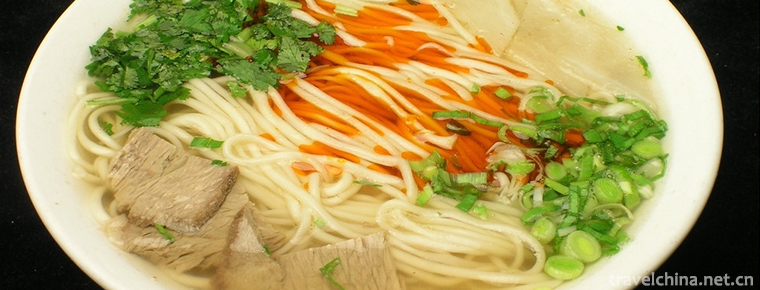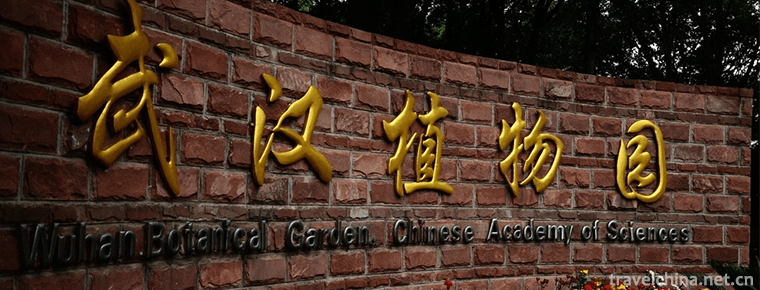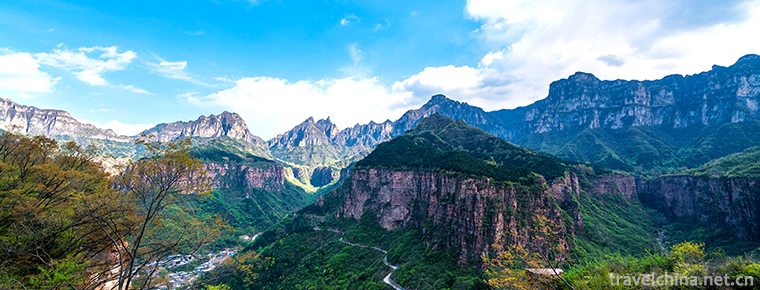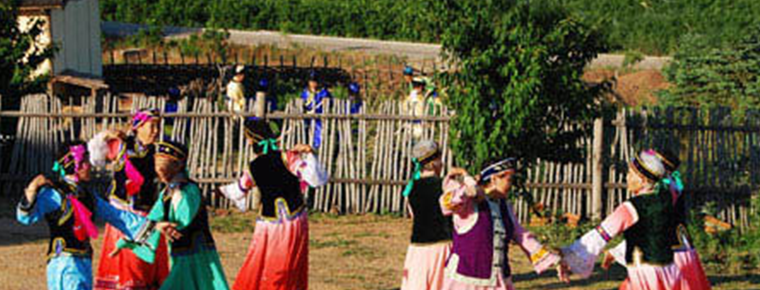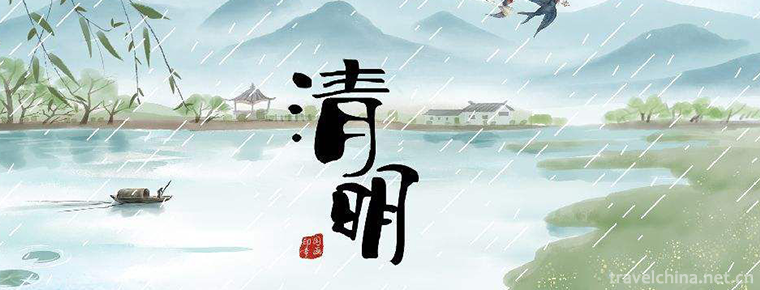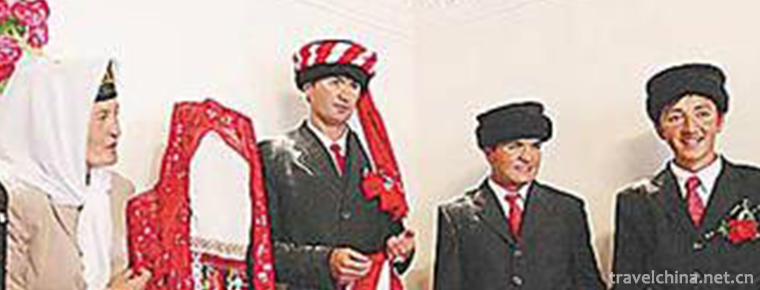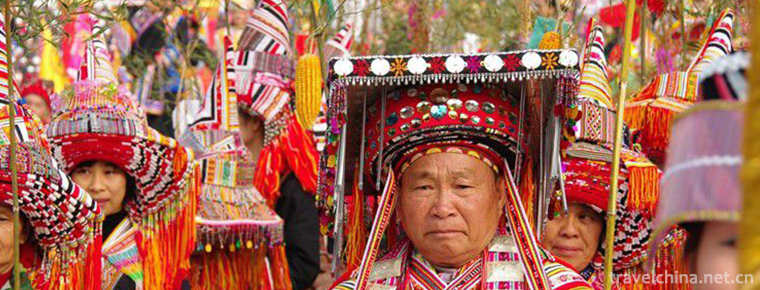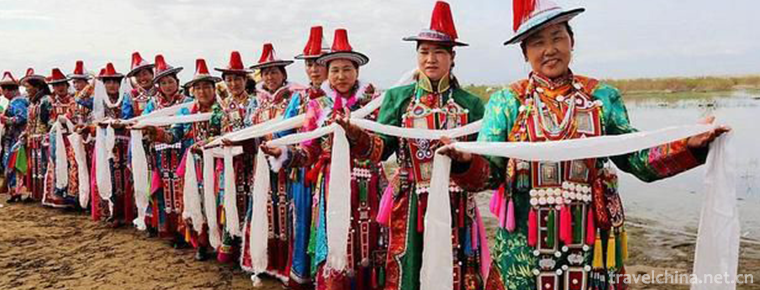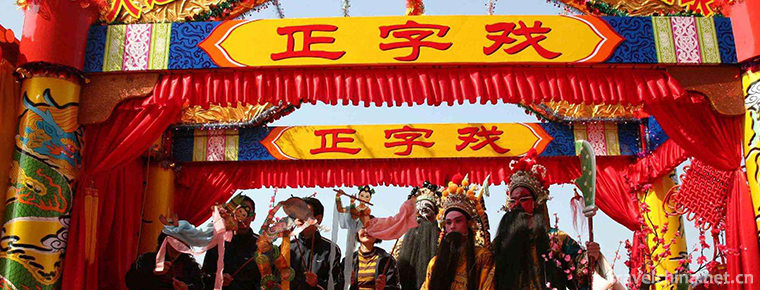Run Dong luo dongdong
Run Dong luo dongdong
"Lolola is a local traditional folk music in Hubei Province. It belongs to the first provincial intangible cultural heritage in Hubei Province. Jianli belongs to the Chu area of Jianghan since ancient times, advocating Chu style and making Chu voice. The main content of "Hello Du" is to sing folk opera albums. It belongs to relay-style voice-transmitting singing. The structure of the melody has the characteristics of polyphonic music and "natural harmony without accompaniment", commonly known as "beating harmony".
On June 7, 2008, the declaration of "Loloha" in Jianli County of Hubei Province was approved by the State Council to be included in the second batch of national intangible cultural heritage lists. Heritage serial number: 589 II-90.
historical origin
"Lolo-dong" is a transplanting slogan spread in Jianli, which originated in Ming Dynasty.
Zhu Yuanzhang, the founding emperor of the Ming Dynasty, was very poor when he was a child. He was forced to help the landlord's family herd cattle. One day, he and a group of small companions drove the cattle to the cattle ranch and fought with them in the graveyard. The cattle were left unattended and broke into a seedling plot of the landlord's house for a full meal. When Zhu Yuanzhang found out, the seedlings had been eaten half by the cattle. Afraid of the landlord's scolding, he took a few small Companions to pull up the remaining seedlings and plant them in the fields one by one. At that time, all the farmers planted rice were sowing, which was called "grain scattering". At the autumn harvest, Zhu Yuanzhang and his companions had more than twice the yield of seedling transplanting field than that of sowing. Farmers followed suit, so they had the farming work of transplanting seedlings.
Later, as emperor, Zhu Yuanzhang pursued a series of policies of recuperation and subsistence: land equalization, tax reduction, water conservation, and education, so that the tillers have their own land and the people of Cathay and Thailand can live in peace. Zhu Yuanzhang also made frequent private visits to observe the people's conditions. Once, he visited the farmers in the countryside of Jianli. He was very happy to see the farmers planting rice seedlings in the fields. He rewarded them on the spot. The peasants were very grateful to the Saint-Ming Emperor. He couldn't help singing a hymn: "Singing the Daming Dynasty, the emperor has a lot of ways, the officials and the Ming Dynasty have a lot of filial piety for their children, and the wives and husbands have fewer disasters The others answered, "Du Ah Le, Le Ye Tie, Le Za Le Duo, Lo Lo Li Da." Later, the peasants felt that singing when transplanting rice seedlings could not only express their inner feelings, but also refresh their spirits and dispel fatigue. So they have been singing until now, and they have become the unique intangible cultural heritage of Jianli, a major grain-producing County in China - "Lolo-dong"
artistic characteristics
The pronunciation of "Lo Luo Da" is the dialect of Jiannan area, which is in the transitional zone between Southwestern Mandarin and Hunan-Hubei dialect. The syllables of opening call account for half of all syllables. In the tones of folk songs, Jiannan and Honghudong are the convergence of the tones of several languages in central, southeastern and frozen courtyards of Hunan Province, forming a unique style. The structure types of lyrics can be divided into simple sentence structure and more complex multi-paragraph structure. Jianli is the second kind of structure, which is novel and unique, from one place to another, and is full of spoken language and interesting. It constitutes the artistic features of the lyrics of "Lolo Dong". The free rhythm and long melody of "Lolo-dong" in music make it have the characteristics of the folk song style in plain areas: line is generally characterized by four or five degrees jump; the melody line of "first rising and then depressing" is formed in syntax; and the color-rich "deviation" is applied in the high-pitched area.
Inheritance value
In the historical environment of Jianli culture, in the long-term farming life and rice farming work, the "Lolo" has formed a unique form of local traditional culture, which has extensive popularity and folk inheritance. The melody of "Lola Na" is high and melodious, and the melody is free to express. It has the characteristics of "natural harmony without accompaniment". "Loloha" is the only original local folk song with the characteristics of folk song in plain area. It uses a lot of linings and has polyphonic music characteristics in tone and structure, and has high artistic research value.
Inheritance and protection
In order to protect the intangible cultural heritage, Jianli County has established the intangible cultural heritage protection center and declared it as the national intangible cultural heritage. In order to inherit this national culture, Jianli County organized the "Lo Luo Da and Jianli Folk Song Competition" in 2012. More than 1,000 actors from more than 30 teams participated in the competition. The County non-heritage protection center has also set up "Lo Luo Da Heritage Institute" in more than 20 Township markets such as Zhuhe. Zhuhe alone has carried out more than 10 inheritance activities, and trained a large number of Lo Zhenghong, Wang Yanfang and other inheritors. 。 Zhuhe Cultural Station also invited Zhu Sili, the twenty-first generation heir of Lola Du, to collect and collate more than 100 Lola Du and Jiali folk songs and compile them into a book for data transmission.


-
Water surface
The water surface is a traditional snack in Shaanxi and Gansu Province. Legend has it that Liu Bang, the ancestor of the Han Dynasty.
Views: 498 Time 2018-11-02 -
Wuhan Botanical Garden Chinese Academy of Sciences
Wuhan Botanical Garden of the Chinese Academy of Sciences is located in Wuchang District, Wuhan City, Hubei Province, China. It is a comprehensive scientific research institution integrating scientifi.
Views: 134 Time 2018-12-22 -
Baligou Scenic Area
Baligou Scenic Area is located in the deep mountain area of Shangbali Town, Huixian County, Xinxiang City, Henan Province, 50 kilometers northwest of Xinxiang City, the southern foot of Taihang Mounta.
Views: 195 Time 2018-12-24 -
Jingtai Yellow River Stone Forest
The Yellow River Stone Forest is located in the southeast of Jingtai County, Baiyin City, adjacent to Longwan Village, Zhongquan Township. It covers an area of about 10 square kilometers.
Views: 213 Time 2019-01-29 -
Daur Ruzhigle Dance
"Luzhigle" is a representative folk dance of Daur nationality. It varies from place to place, including "Alhambo", "Langtudabe", "Hakumai", "Hagen Melger&q.
Views: 103 Time 2019-04-22 -
Qingming Festival
Qingming Festival, also known as Taqing Festival, Xingqing Festival, March Festival, ancestor worship festival, the festival period in mid-spring and late spring. Qingming Festival originated from anc.
Views: 146 Time 2019-06-11 -
Tajik Marriage Customs
On the Pamir Plateau, which is more than 4000 meters above sea level, there is a Tajik people living in China. This is a people who can sing, dance and hospitality. Their life is full of mystery, and .
Views: 113 Time 2019-06-17 -
Wenzhou Drum Ci
Wenzhou Drum Ci, also known as "Quci" or "Blind Ci", commonly known as "Singing Ci", is the largest type of opera in southern Zhejiang Province, and also one of the main .
Views: 186 Time 2019-06-28 -
Panwang Festival of Yao Nationality
Panwang Festival is an important festival to worship ancestors Pangu, Pangeng and Panhu. People at home and abroad attach great importance to this national sacrifice ceremony. Launched by the Pan fami.
Views: 144 Time 2019-07-11 -
Yugur Costume
Yugur costume is the traditional costume of Yugur people. Both men and women of Yugur nationality wear long gowns with high collars and large skirts. Men wear red and blue belts with waistknives, sick.
Views: 138 Time 2019-07-16 -
Orthographic drama
Zhengzi opera, originally known as Zhengyin opera, is singing in Zhongzhou Mandarin. It is an ancient and rare opera with many voices. In the early Ming Dynasty, one of the Southern Opera was introduc.
Views: 119 Time 2019-07-25 -
Jiushi Scenic Area
Jiushi scenic area is located in Anning Township, Longmatan District, 8 km away from Luzhou city. It is named after the nine peaks in the scenic area, which are shaped like lions..
Views: 158 Time 2020-10-15
